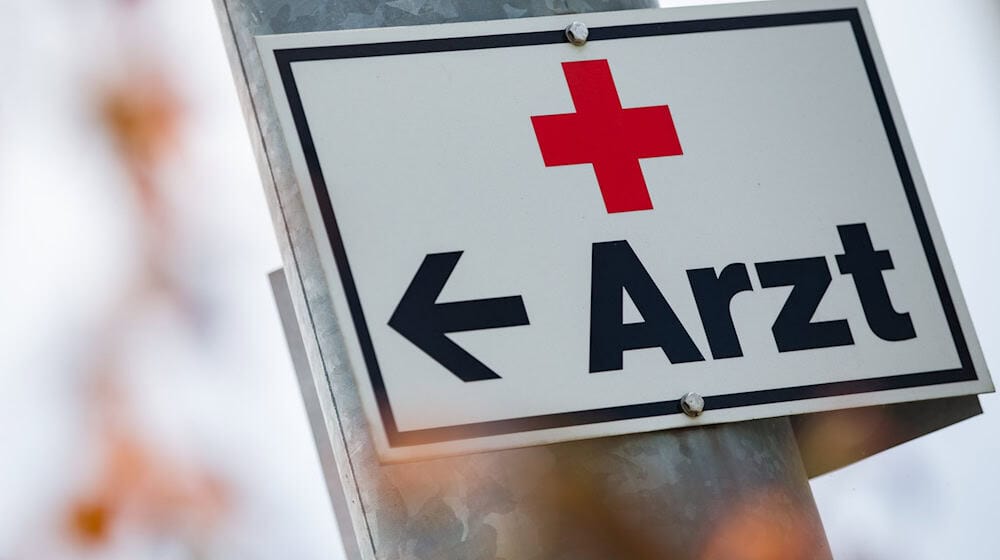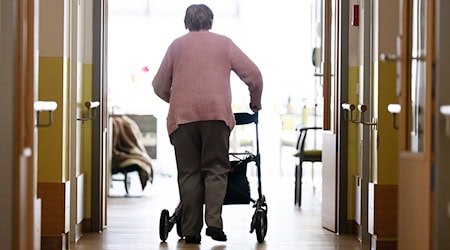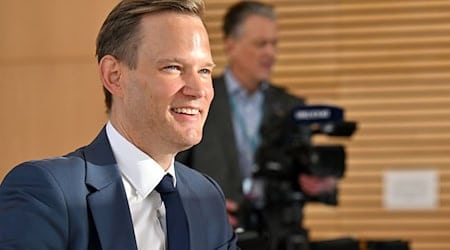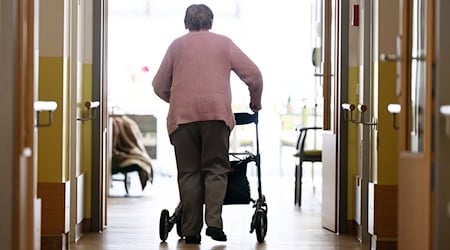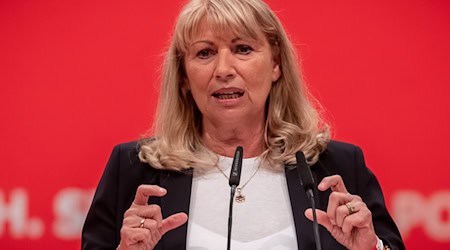It was a coalition promise that is now reflected in the Ministry of Health's budget: Six million euros have been earmarked there for both the current and the coming financial year for "grants for investments to ensure medical care, particularly in rural areas". How exactly they are to be used is not explained. "Details still need to be agreed on specific implementation," the SPD-led Ministry of Health told the German Press Agency.
In Upper Lusatia, where the municipalities of Rietschen and Krauschwitz are planning to open Saxony's first municipally-run medical care center (MVZ) in September, the money is causing little enthusiasm. "I'm just disappointed in Saxony and in Ms Köpping," says Krauschwitz mayor Tristan Mühl (Free Voters), criticizing the Saxon health minister. The municipality had contacted the ministry after these plans became known. However, according to Mühl, there were only friendly refusals regarding both the start-up financing for the jointly founded limited company that is to operate the medical center and the necessary guarantee from the Association of Statutory Health Insurance Physicians.
Medical center: loan debt for start-up financing
As a result, the operating company is now taking on debt via a loan in order to raise the necessary start-up capital. This is because the municipalities would have to wait until the end of the first quarter of operation for payments from the health insurance companies. Until then, a bridging loan is needed, says Mühl. According to the mayor, the exact amount has not yet been determined, but should be at least 300,000 euros.
The mayor is convinced of the plan of the two municipalities on the Polish border. Young doctors would not only shy away from the risk of self-employment, but also the bureaucracy. "They want to practise, but they don't want to sit there for another two or three hours every evening after a 10-hour day and do some kind of billing," says Mühl. An employment relationship in a municipal medical center is an interesting alternative. The municipality has already been able to recruit one young doctor. Talks are underway with others.
Ministry of Social Affairs focuses on hospital reform
Ralf Leimkühler, Deputy Managing Director of the Saxon Association of Towns and Municipalities, refers to the emergency situation in which some municipalities find themselves: "If the citizens no longer have doctors, we also have a problem as municipalities and in this respect we look at what we can do as a municipal level to help ensure that our citizens receive reasonable medical care." This requires creative solutions, which are sometimes costly. However, the financial resources of the municipalities are currently particularly difficult.
The Saxon Ministry of Social Affairs refers to the hospital reform that has been in force since January, which also provides for more outpatient care through clinics - especially in places where there are no longer any doctors' surgeries. But for Mayor Mühl, this is not a solution: "If the doctors here disappear and we no longer even have medical care in Krauschwitz, then we have a big problem here." That is why he has made the problem a top priority.
Copyright 2025, dpa (www.dpa.de). All rights reserved

